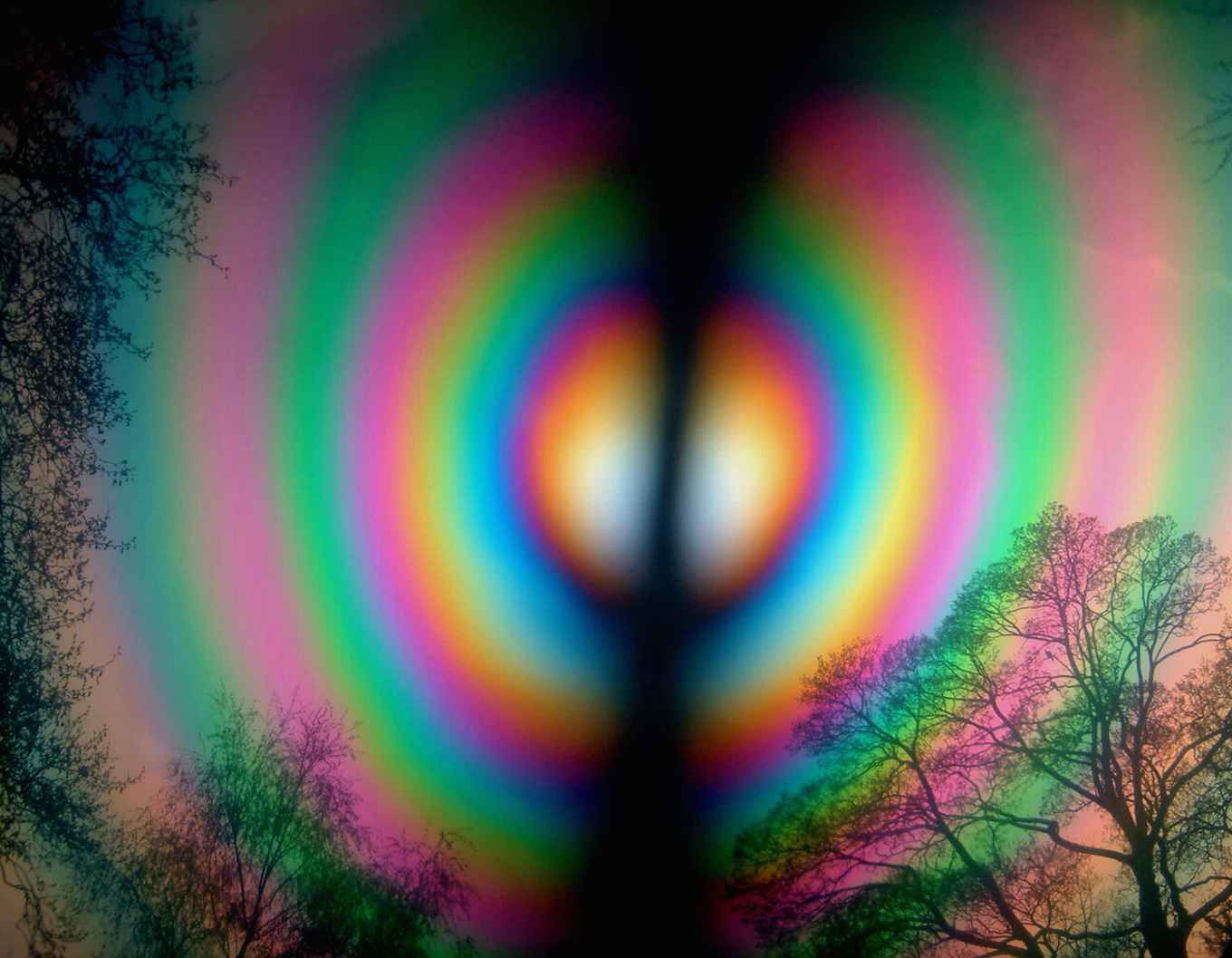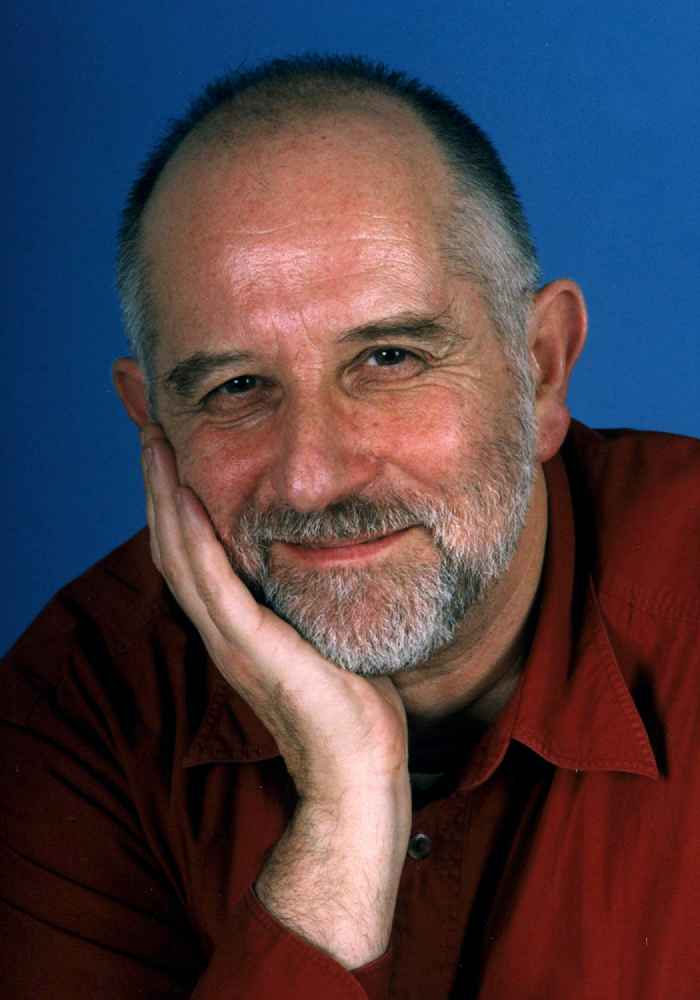Lorentz medal for Sir Michael Berry
11 December 2014

On 11 December 1875 Hendrik Lorentz defended his dissertation Over de theorie der terugkaatsing en breking van het licht (On the theory of reflection and refraction of light). This topic is closely related to the research of Sir Michael Berry, who has been awarded the 2014 Lorentz medal by the Royal Netherlands Academy of Arts and Sciences.
Sir Michael Berry reminds us of Lorentz not only because of his field of research, but also because of the similarities in style and interests. Berry, like Lorentz, combines theoretical questions with practical applications, and does not shy away from detailed calculations. (We recall Lorentz's numerical work on tidal flow for the Dutch government.) Both scientists share a talent for discovering hidden gems in mundane problems and see connections that others overlook. An example from Berry's work is the connection between singularities in a rainbow and tsunamis.

About the laureate
Michael Victor Berry (born 1941) studied physics at Exeter University and received his PhD from the University of St. Andrews. His subsequent academic career developed at the University of Bristol, where he is presently the Melville Wills Professor of Physics (Emeritus).
Berry received numerous national and international awards for his achievements, including the Royal Medal of the Royal Society and the Wolf Prize in Physics. He was elected member of the Royal Society of London in 1982 and was knighted in 1996. Since 2000, Berry has been a foreign member of the Academy.
About the Lorentz medal
The Royal Netherlands Academy of Arts and Sciences established the Lorentz medal award on 11 December 1925, on the occasion of the fiftieth anniversary of the doctorate of Hendrik Antoon Lorentz. The Nobel laureate Lorentz (1853-1928) is the founding father of theoretical physics in the Netherlands. The Lorentz medal is awarded every four years to a scientist in recognition of important contributions to theoretical physics. Of the 21 laureates so far, eleven subsequently won the Nobel Prize. The previous laureate, in 2010, was Edward Witten.
Symposium
On Monday 23 February 2015 (in the International Year of Light), the Academy will host a symposium entitled Fantastic Light, in celebration of the award of the Lorentz medal to Sir Michael Berry. This event will take place at the Academy’s headquarters (Trippenhuis Building, Kloveniersburgwal 29 in Amsterdam). The press will have the opportunity to question the laureate prior to the symposium.